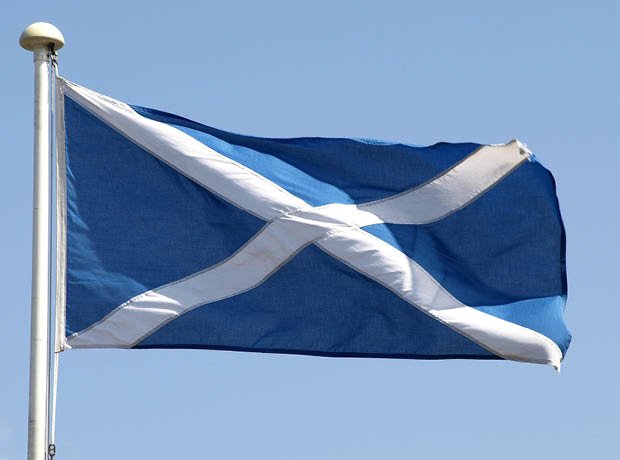Amarin’s Vazkepa gets green light from SMC

Treatment will help reduce the risk of heart attacks and strokes for patients across Scotland
Vazkepa, also known as Icosapent ethyl, has been accepted by the Scottish Medicines Consortium (SMC) for restricted use within NHS Scotland.
The therapy is a secondary prevention among adult statin-treated patients at high cardiovascular risk who have elevated fasting triglycerides.
Patients involved will also have had established cardiovascular disease (CVD) and a history of acute coronary syndrome (ACS), coronary or other arterial revascularisation procedures, coronary heart disease, ischaemic stroke or peripheral arterial disease.
Vazkepa was researched as part of the REDUCE-IT study and demonstrated the benefits of its use for optimising the outcomes of patients at high risk of CV events, in addition to standard of care with statins.
The trial, which randomised 8,179 statin-treated patients over an average of 4.9 years, further showed that treatment with icosapent ethyl, in contrast to the placebo, resulted in a 25% reduction in the risk of future adverse CV events.
Scott Curley, Amarin’s UK and Ireland general manager, reflected: “The introduction of icosapent ethyl to the Scottish healthcare system marks an important milestone in reducing CVD. As a Scotsman whose family has felt the suffering and pain caused by this devastating disease, I have been focused on ensuring eligible patients in Scotland have access to icosapent ethyl, as they do in England, Wales, and Northern Ireland.”
He added: “Scotland’s death rates from heart and circulatory disease are higher than in the rest of the UK. The SMC’s acceptance of icosapent ethyl will help to reduce the risk of CV events among a high proportion of patients across Scotland, and the impact this disease has on them and their families.”
Professor Adrian Brady, consultant cardiologist at Glasgow Royal Infirmary, concluded: “The acceptance of icosapent ethyl, an innovative active substance comprising a highly purified omega-3 fatty acid (eicosapentaenoic acid greater or equal to 96%), will provide healthcare professionals in Scotland with an additional treatment option to be considered for eligible patients who are at high risk of a subsequent CV event, such as a second heart attack or stroke.”
CVD remains a considerable issue for individuals and healthcare professionals across Scotland. Existing drugs can help to reduce the risk of a first or recurrent CV event, however, there are still around 10,000 hospital admissions for heart attacks every year.
This figure equates to one every 50 minutes, with heart and circulatory diseases causing almost 18,000 deaths in Scotland annually. The condition also costs NHS Scotland around £800m each year, with an estimated cost to the economy of £1.8bn.
Source link
#Amarins #Vazkepa #green #light #SMC